US Senator for Alabama | US Senator for Alabama website
US Senator for Alabama | US Senator for Alabama website
U.S. Senator Tommy Tuberville (R-AL) has joined a group of senators in calling for foreign nations to contribute more toward the costs of pharmaceutical research and development. In a letter sent to U.S. Trade Representative Jamieson Greer and Secretary of Commerce Howard Lutnick, the lawmakers urged the Trump Administration to address international price controls during ongoing trade negotiations.
The senators expressed concern that some developed countries have policies that suppress drug prices and limit spending on new medicines, which they say results in American patients bearing a disproportionate share of global pharmaceutical innovation costs. "We welcome President Trump’s efforts to ensure foreign nations pay their fair share toward the cost of pharmaceutical research and development. For too long, some developed nations have benefited from American-financed innovation by implementing policies that suppress prices and limit spending on new medicines in their own markets," wrote the Senators. "These actions have contributed to American patients bearing a disproportionate share of global pharmaceutical innovation costs. U.S. trade negotiations offer a valuable mechanism to address these unfair practices, which not only burden Americans, but also function as non-tariff barriers to trade."
Other signatories included Sens. Todd Young (R-IN), Jim Banks (R-IN), Ted Budd (R-NC), John Boozman (R-AR), Bill Cassidy (R-LA), Steve Daines (R-MT), Lindsey Graham (R-SC), Chuck Grassley (R-IA), Jon Husted (R-OH), Cindy Hyde-Smith (R-MS), Cynthia Lummis (R-WY), Roger Marshall (R-KS), Ashley Moody (R-FL), Tim Scott (R-SC), Tim Sheehy (R-MT), Thom Tillis (R-NC) and Roger Wicker (R-MS).
The letter cited Executive Order 14297, issued on May 12, which directed federal agencies to work toward removing international policies that result in American patients paying more than their fair share for global pharmaceutical R&D by suppressing drug prices below market value abroad.
"Consistent with this directive, it is important that Commerce and USTR engage with U.S. trading partners to negotiate binding commitments to remove these market-distorting price controls," stated the letter.
The senators also called for appointing a senior political official at USTR to lead enforcement efforts on pharmaceutical pricing commitments and filling the vacant position of Chief Innovation and Intellectual Property Negotiator—an office created by Congress in 2015—to strengthen oversight related to foreign government actions impacting U.S. innovation.
"Appointing an experienced Chief Innovation and Intellectual Property Negotiator would send a strong signal to our trading partners that the United States is committed to addressing imbalanced pharmaceutical pricing and ensuring that any commitments secured are effectively implemented and enforced over the long term," according to the letter.
The lawmakers concluded by emphasizing potential benefits such as increased investment in medical research, lower health care costs for Americans, greater exports, and job growth if foreign governments increase payments for drugs developed in the United States.
Senator Tuberville represents Alabama in the Senate where he serves on several committees including Armed Services, Agriculture, Veterans’ Affairs, HELP, and Aging.
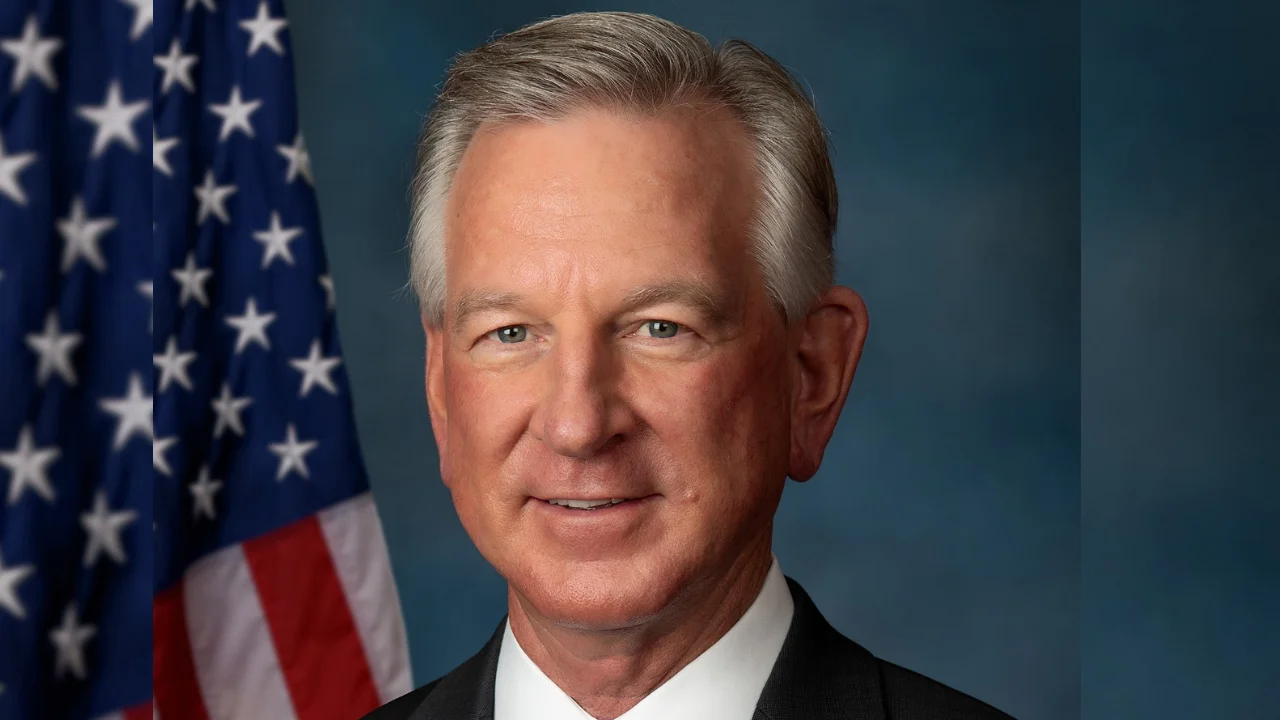
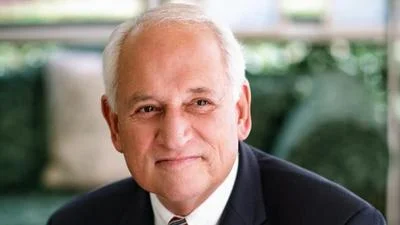
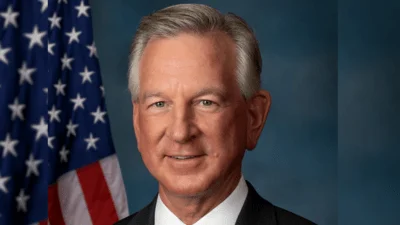
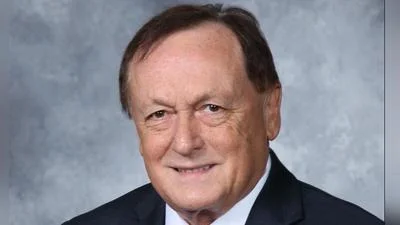
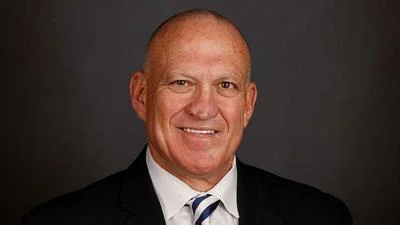

 Alerts Sign-up
Alerts Sign-up